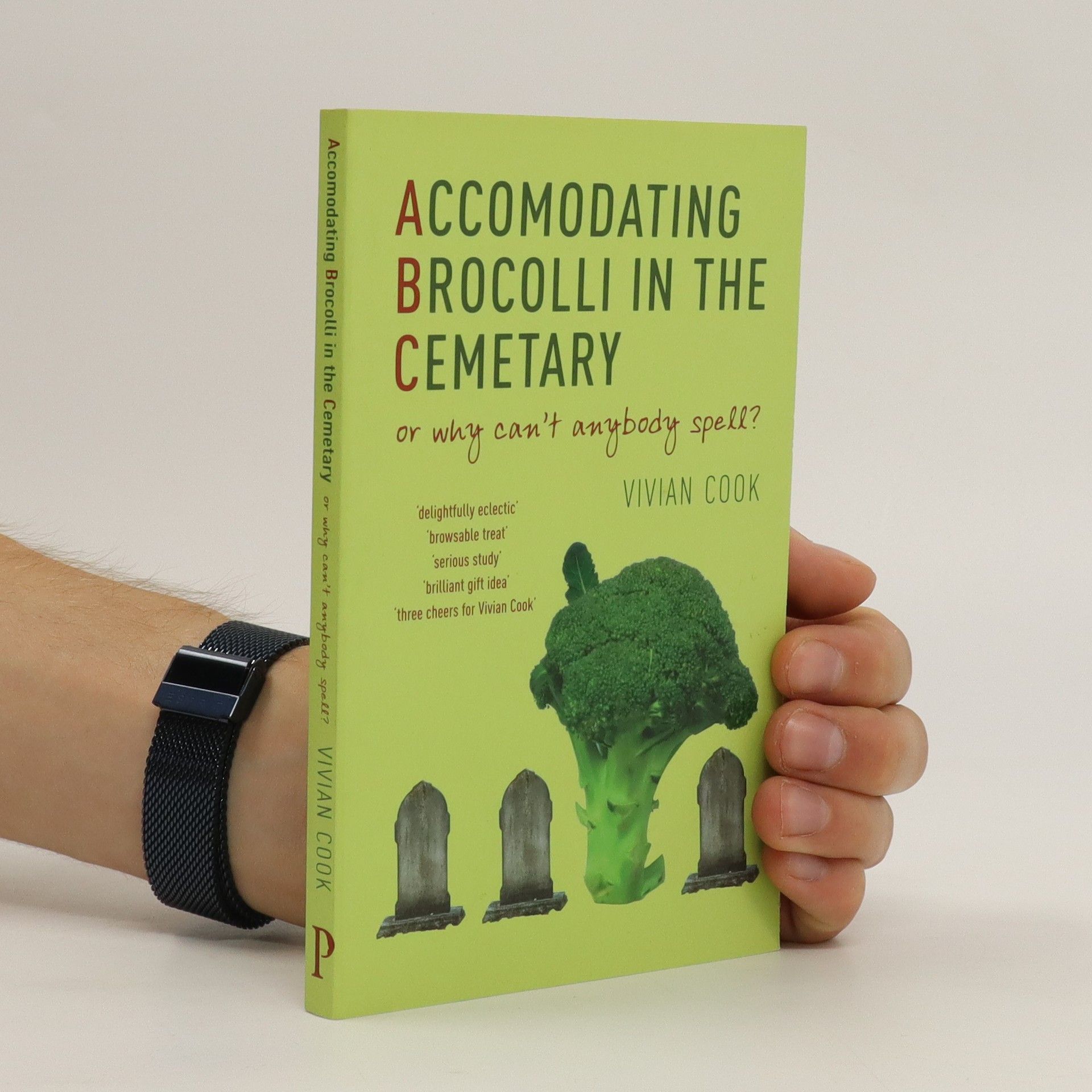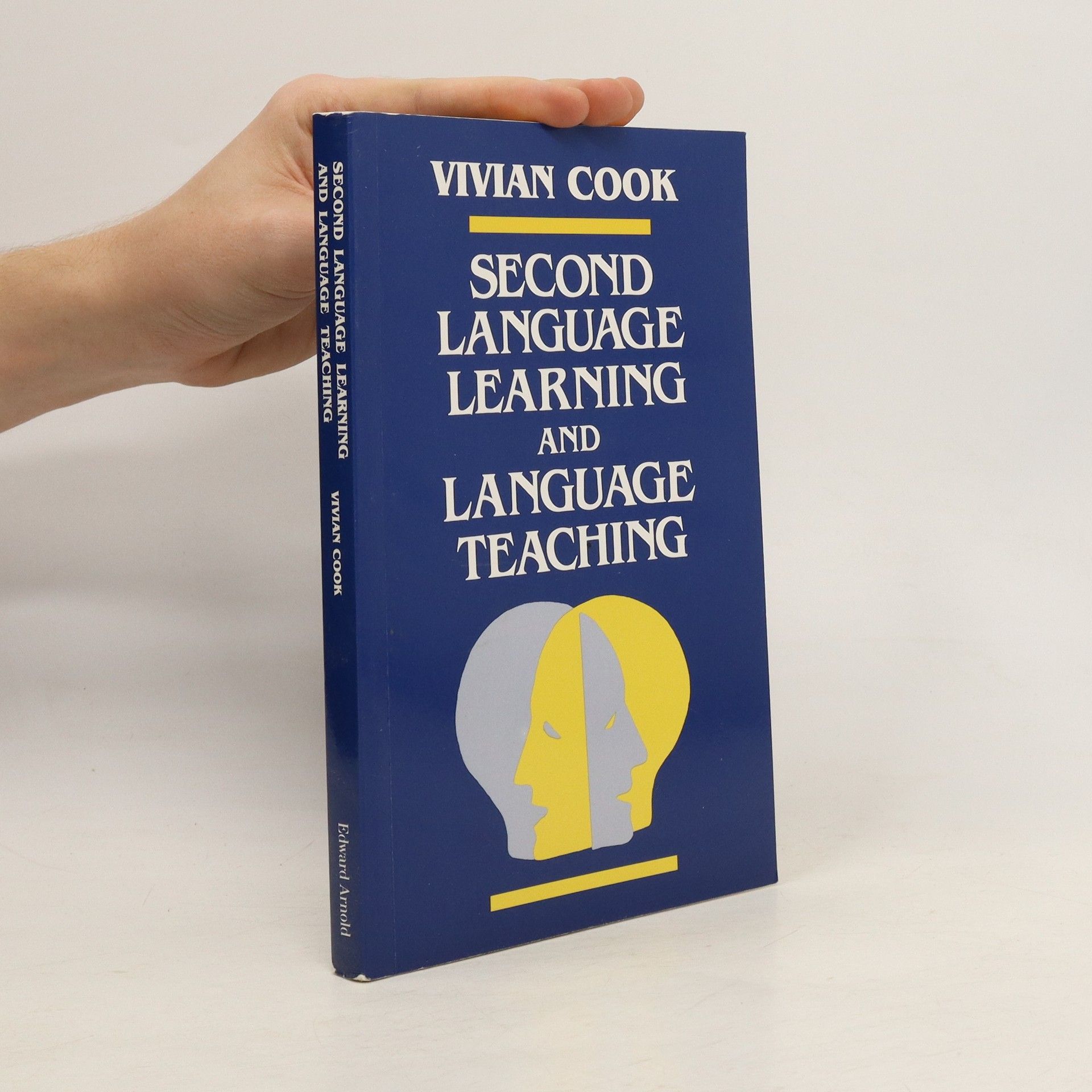Covering approaches to second-language research that in some way conforms to the agenda of linguistics, this book presents the actual methodology and results of research rather than just the conclusions or interpretations. It covers the main current theories, research methods and techniques, and it considers the crucial problems involved in relating second-language acquisition to linguistics.
Vivian Cook Livres






Key Topics in Second Language Acquisition
- 163pages
- 6 heures de lecture
This textbook offers an introductory overview of eight hotly-debated topics in second language acquisition research. It offers a glimpse of how SLA researchers have tried to answer common questions about second language acquisition rather than being a comprehensive introduction to SLA research.
How do people learn languages? Vivian Cook's highly successful text has proved immensely valuable to teachers as an introduction to aspects of second language acquisition research where it relates to practical language teaching and the classroom. This new, enlarged edition has been thoroughly updated in the light of new research. The author lays greater emphasis on the implications of SLA research for the classroom and a wider range of research is taken into account. There are exercises and expanded sections at chapter ends offering practical help and tips for teachers approaching second language acquisition for the first time.
Accomodating brocolli in the cemetery : or why can't anybody spell?
- 160pages
- 6 heures de lecture
'It is a damn poor mind that can think of only one way to spell a word - U.S. PresidentShakespeare, Shake-speare, Shakspeare, Shaxberd, Shakespere, Shak-speare, Shaskpear, Shakspere, Shaksper, Schaksp., Shakespear, Shakespheare'My spelling is Wobbly' - Winnie-the-Pooh This delightful, quick-footed book celebrates the English language by exploring the rich treasure house of spelling in all its variety - setting tests and proposing rules, with illuminating quotations and tantalising lists Headrillaz and Misteeq; Naming Pop Groups; miniscule parallels; non-letters; the three-letter rule; Faeder ure pup e eart on heofunum; UK number plates; HipHop spelling; East Anglian place-names; the E-cancellation spelling test - these are just some of the intriguing subjects presented in this must-have, must-give little book.
The Language of the English Street Sign
- 256pages
- 9 heures de lecture
This book opens readers' eyes to something they see all the time but take for granted: street signs. It is a portrait of the signs on modern English streets: what they look like, who and what they are for, how they link to English history and how they form part of life in multilingual England today.
Chomsky's Universal Grammar introduces both the general concepts of the theory, particularly its goals of describing the knowledge of language and of accounting for how it is acquired, and the main areas of syntax such as X-bar theory, movement and government.